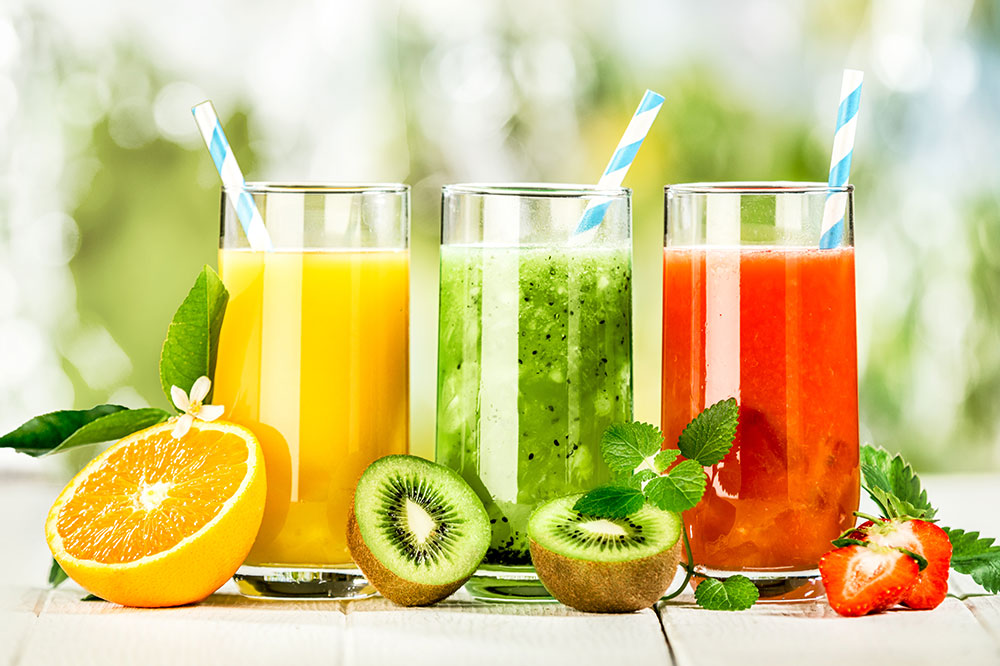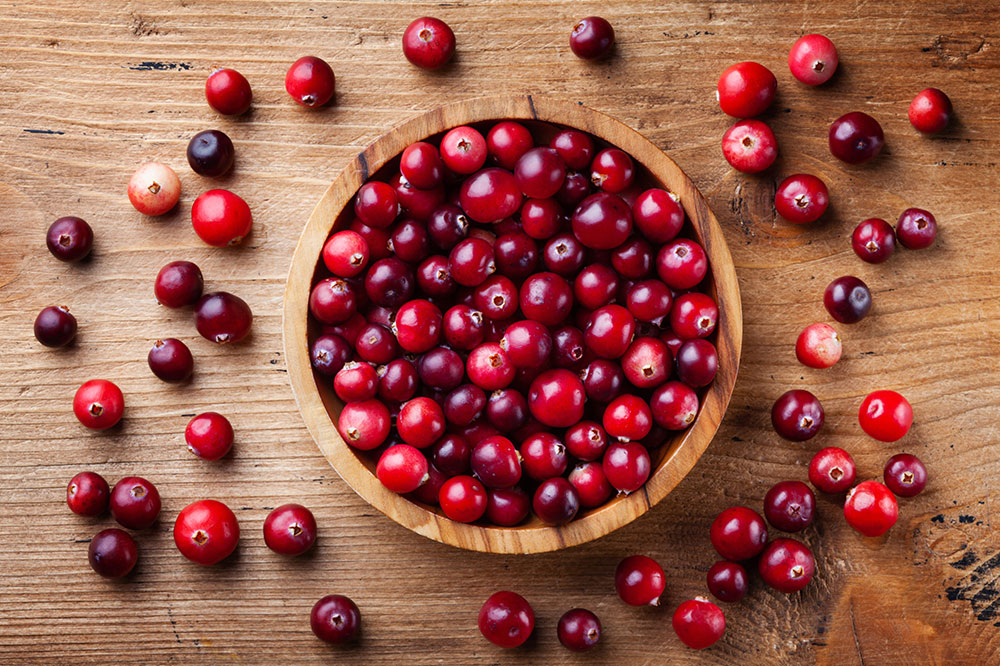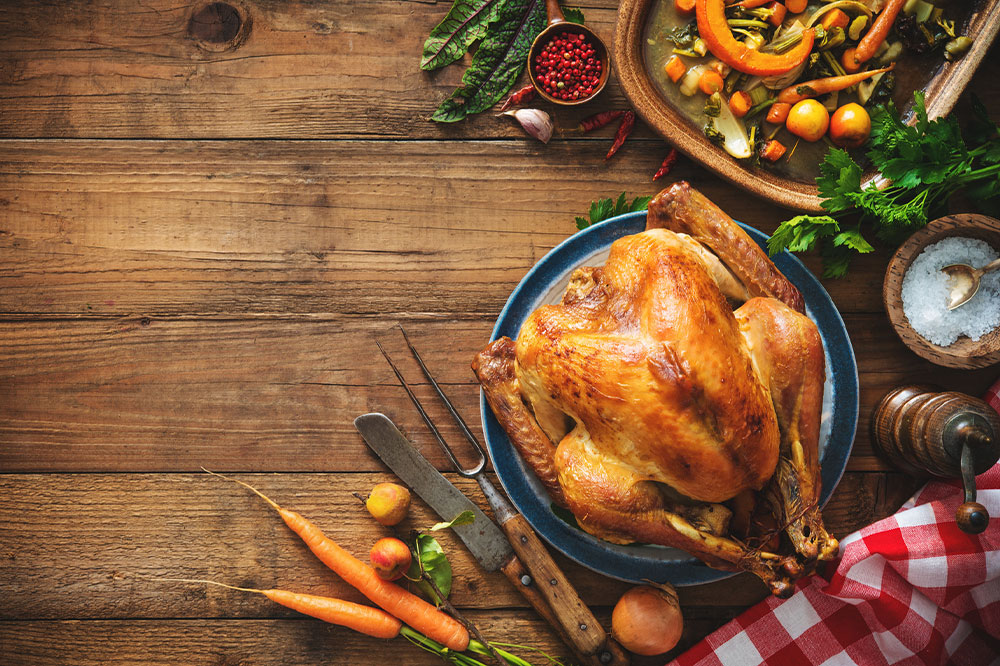Foods to eat and avoid for managing bladder control problems
Statistics suggest that more than 30 percent of women in our country have issues with bladder control. The problem could arise due to many factors, including age, excess body weight, weak bladder muscles, and overuse of certain medications. Thankfully, patients can manage the symptoms associated with an overactive bladder by following a proper nutrition plan. Below, we’ve listed a few foods that individuals with the condition should eat and avoid.

Foods to avoid
People with bladder control issues should stay away from the following:
Caffeine
Caffeine is one of the primary triggers of the condition. Products like coffee, tea, energy drinks, and carbonated drinks have a diuretic effect, promoting urination.
Alcohol
This is another diuretic that can impact bladder control. Alcohol not only increases the pressure in the detrusor muscles but also affects the body’s natural signals that tell the brain when to empty the bladder.
Spicy foods
Foods such as peppers, chili powder, horseradish, and other spices can irritate the bladder lining, increasing the urge to urinate. Spicy foods also increase the tendency to drink more water, worsening the symptoms of urinary incontinence.
Artificial sweeteners
Like spicy foods, artificial sweeteners can also worsen bladder control by making the bladder muscles hyperactive. Frequent urination can also increase the risk of urinary tract infections (UTIs), especially in women, making urinary incontinence hard to manage.
Foods to eat
The following options can help with bladder control issues:
Lean protein
Lean protein found in white-fleshed fish, plain Greek yogurt, beans, peas, lentils, poultry, and powdered peanut butter can help prevent bladder irritation, thereby reducing instances of overactive bladder.
Whole grain
Grains like oats and quinoa are rich in healthy carbohydrates, which, in turn, facilitate healthy bowel movements that help with bladder control.
Potatoes
Potatoes are a great comfort food that can also be eaten to avoid overactive bladder. While there are more than 4,000 types of potatoes, russet and sweet potatoes are the best for improving bladder control.
Pears
Pears are low in sugar and rich in fiber that can ease bowel movements. And comfortable bowel movements ensure better bladder control. Besides, the antioxidants in pears can help keep UTIs at bay.
Cruciferous vegetables
Cruciferous vegetables, like sprouting broccoli, Brussels sprouts, cauliflower, cabbage, etc., are known for their cancer-fighting properties. However, nutrients such as vitamin C, E, K, folate, and fiber also promote bladder health.
Medication can also go a long way when it comes to tackling bladder problems. GEMTESA is a commonly prescribed medication for an overactive bladder. The FDA-approved medication can significantly help reduce the urge for urinary incontinence as well as urgency episodes. It is typically available as 75 mg oral tablets and can be taken once everyday. Common side effects include headache, diarrhea, and nausea among others.
Another popular prescription to help manage an overactive bladder includes MYRBETRIQ. The tablet can be taken orally, and is known for its ability to help control urinary incontinence. It is used for adult patients and the dosage is usually one tablet of 25mg. However, if the symptoms continue to persist, the dosage can be upped to 50mg after a doctor’s recommendation.




